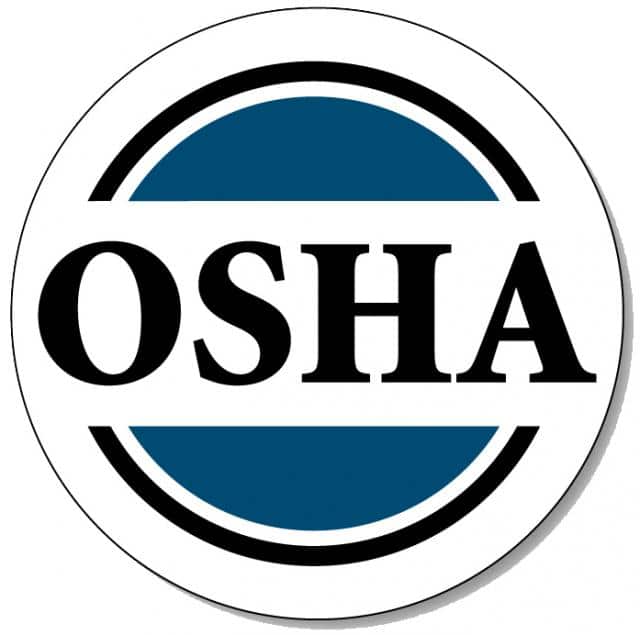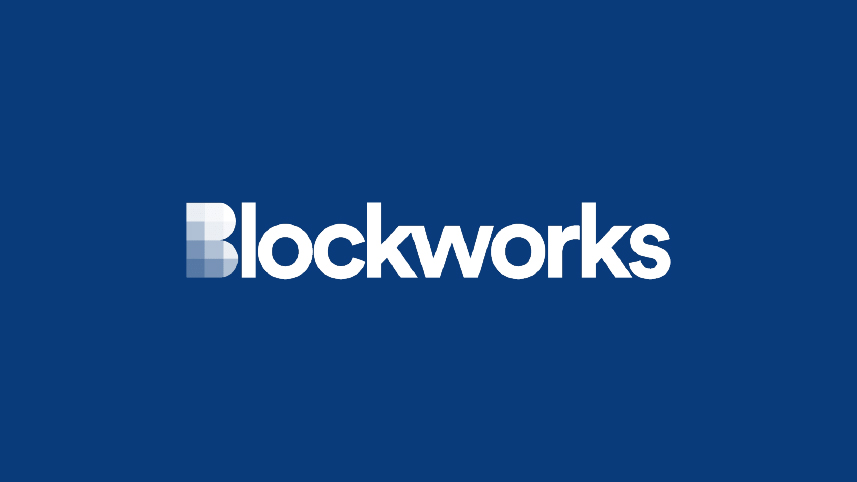Inside OSHA: NLRB Pact on 11(c) Referrals Raises Concerns About Board’s Reg Expertise

OSHA is rolling out a new agreement with the National Labor Relations Board (NLRB) in which the safety and health agency refers past-deadline whistleblower complaints under the OSH Act Section 11(c) to the labor board for potential filing as unfair labor practices complaints so that the matter can still be addressed — a move lauded by whistleblower advocates but also raising some concern on the management side about whether NLRB houses the expertise to handle allegations of OSHA standards violations.
OSHA and NLRB recently penned the agreement in what advocates described as a deal that came out of the blue and it was not clear how long the agencies had been working on it. The agreement addresses a longstanding issue, raised throughout administrations in both parties, that the 30-day window for filing 11(c) complaints with OSHA is far too short and is unjust to workers. Supporters of changing the whistleblower law contrast it to more modern whistleblower laws that give far longer statutes of limitations such as 180 days. OSHA administers 11(c) and a host of other statutes unrelated to worker safety and health, though 11(c) makes up the bulk of complaints.
OSHA chief David Michaels has argued to Congress as recently as a Senate subcommittee hearing on whistleblower protections in April that the 11(c) filing period needs reform, and such a revision has long been a political priority of the Labor Department.
The interagency agreement is a “stopgap” until Congress fixes the problem, according to Stephen Kohn, executive director of the National Whistleblowers Center and a longtime backer of changing the 30-day window. He calls Section 11(c) “archaic” and says it “has a ridiculously short statute of limitations, and industry has vigorously opposed modernizing the law.”
Kohn, who was a witness in 1986 before the Administrative Conference of the United States which recommended under Reagan appointees to change the 11(c) deadline, says revising the law has garnered bipartisan support over the years but politics on Capitol Hill and industry opposition have stood in the way. “So this referral process is an important stopgap measure until adequate reforms are implemented.”
The agreement stipulates that OSHA will notify all complainants who file an untimely whistleblower charge of their right to file a charge with the NLRB.
An NLRB memo notes that complainants seeking to assert an OSHA whistleblower claim often learn that their charge would be untimely under Section 11(c) and, in these situations, “the complainants either decline to file charges or their charges are dismissed because they were filed outside of the 30-day period. OSHA estimates that this happens in 300 to 600 cases each year. It is likely that some of these cases may also raise claims arising under the National Labor Relations Act; for example, instances of employer retaliation for group complaints concerning unsafe working conditions. These complaints may still be timely under our six-month statute of limitations.”
The memo says OSHA agents will be provided “talking points” briefly describing the NLRB and providing its contact information for use in telephone or in-person conversations with complainants with untimely whistleblower claims. Similar information will be included in OSHA’s letters administratively closing untimely whistleblower charges, according to the memo.
A management-side attorney suggests that, while legitimate, the interagency agreement holds the potential to increase costs for employers in instances of complaints that lack merit. “Attorneys have handled meritless and malicious claims” from workers and this agreement gives such complainants one more agency with which to lodge a similar complaint, the attorney tells Inside OSHA Online, though adding there is “nothing inherently wrong” with the agreement.
Once concern the source adds is that NLRB “certainly won’t have the expertise to fully assess the safety issues.”
A different industry lawyer, Baruch Fellner, partner in Gibson, Dunn & Crutcher, says in an email that a complaint about retaliation for engaging in safety and health activities in the workplace can be actionable under both OSHA’s 11(c) and as unfair labor practices under the NLRB provided it is protected concerted activity. “Therefore, the funneling of ‘late’ OSHA complaints to the NLRB would appear to be legally unobjectionable.”
“That said, an argument could be fashioned that Congress expressly intended a short timeframe for the filing of safety and health retaliation complaints given the special context of immediate remediation of safety and health issues compounded by conflicting factual accounts clouded by dimming memories over time,” he adds. “For example, many so-called whistleblower OSHA complaints center on the dispute as to whether a refusal by the whistleblower to comply with safety requirements triggered his discharge. Of even greater concern is the likelihood that ‘OSHA law’ will be fashioned by an agency, the NLRB, with no putative expertise in safety and health, especially since the NLRB will be applying the square peg of (unfair labor practices) precedent to the round hole of OSHA. The prospect of confusion and inconsistency will undoubtedly be realized.”
Kohn, the whistleblower advocate, argues that NLRB has the expertise to take on complaints originating from the safety and health arena. “An OSHA 11(c) case and an unfair labor practice case are extremely similar, and this seems to be an extremely effective and appropriate short-term measure to address the gross deficiencies in the archaic 11(c) law.” He adds that “everyone who has looked at the 30-day statute of limitations has recognized that it is unjust, that it results in terrible outcomes that have no justification in policy. And that’s been recognized for years.” — Christopher Cole ([email protected])




